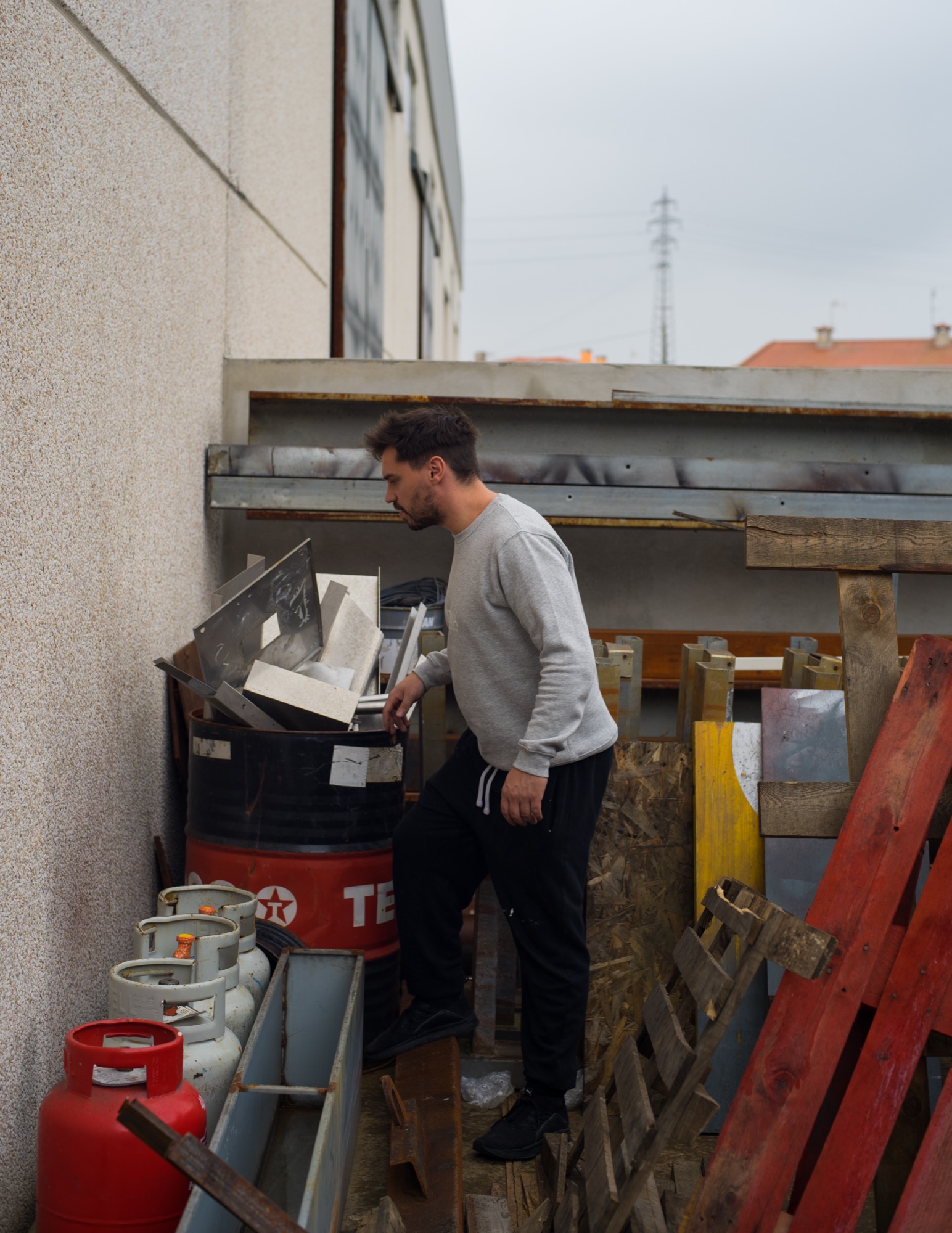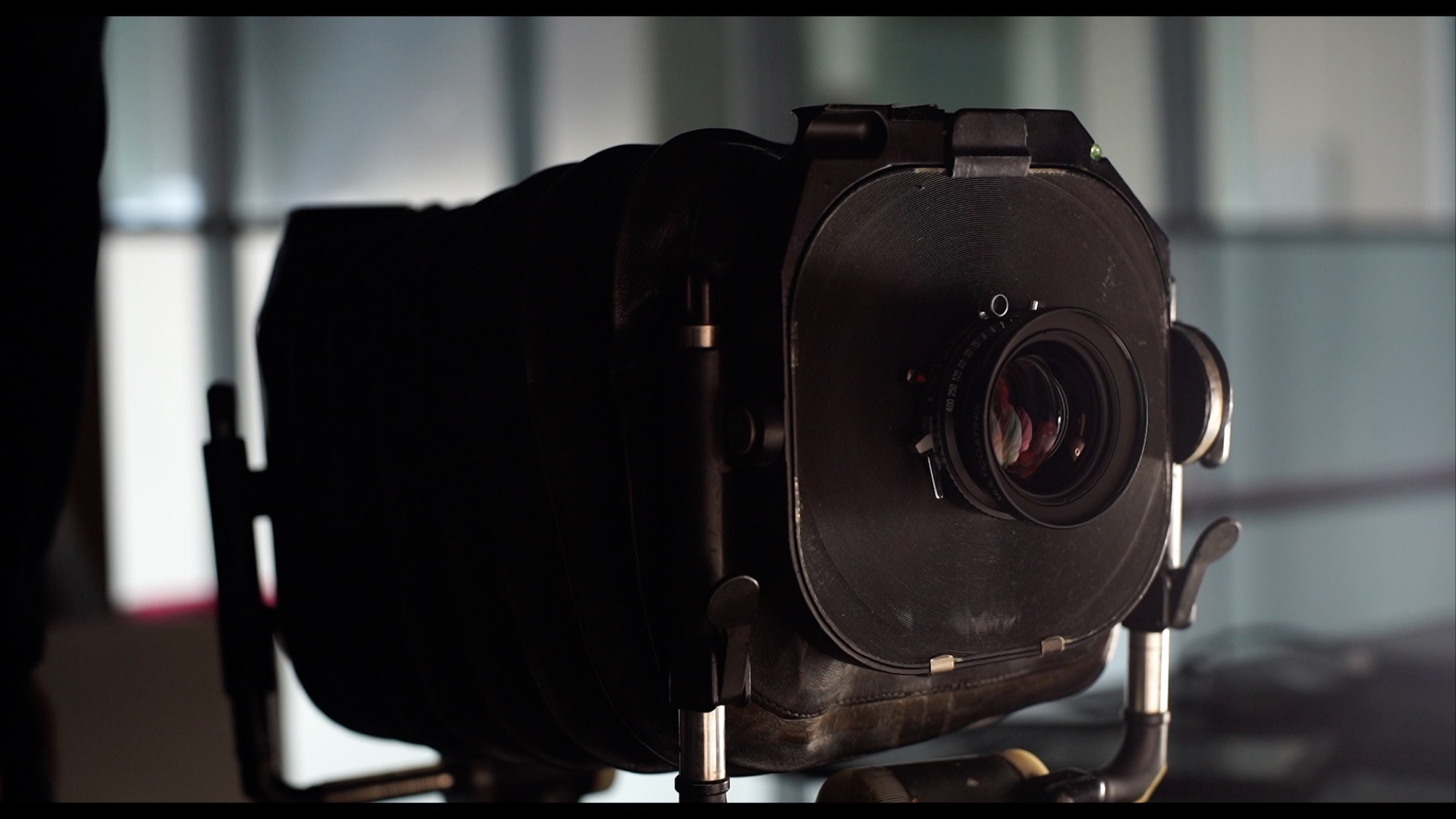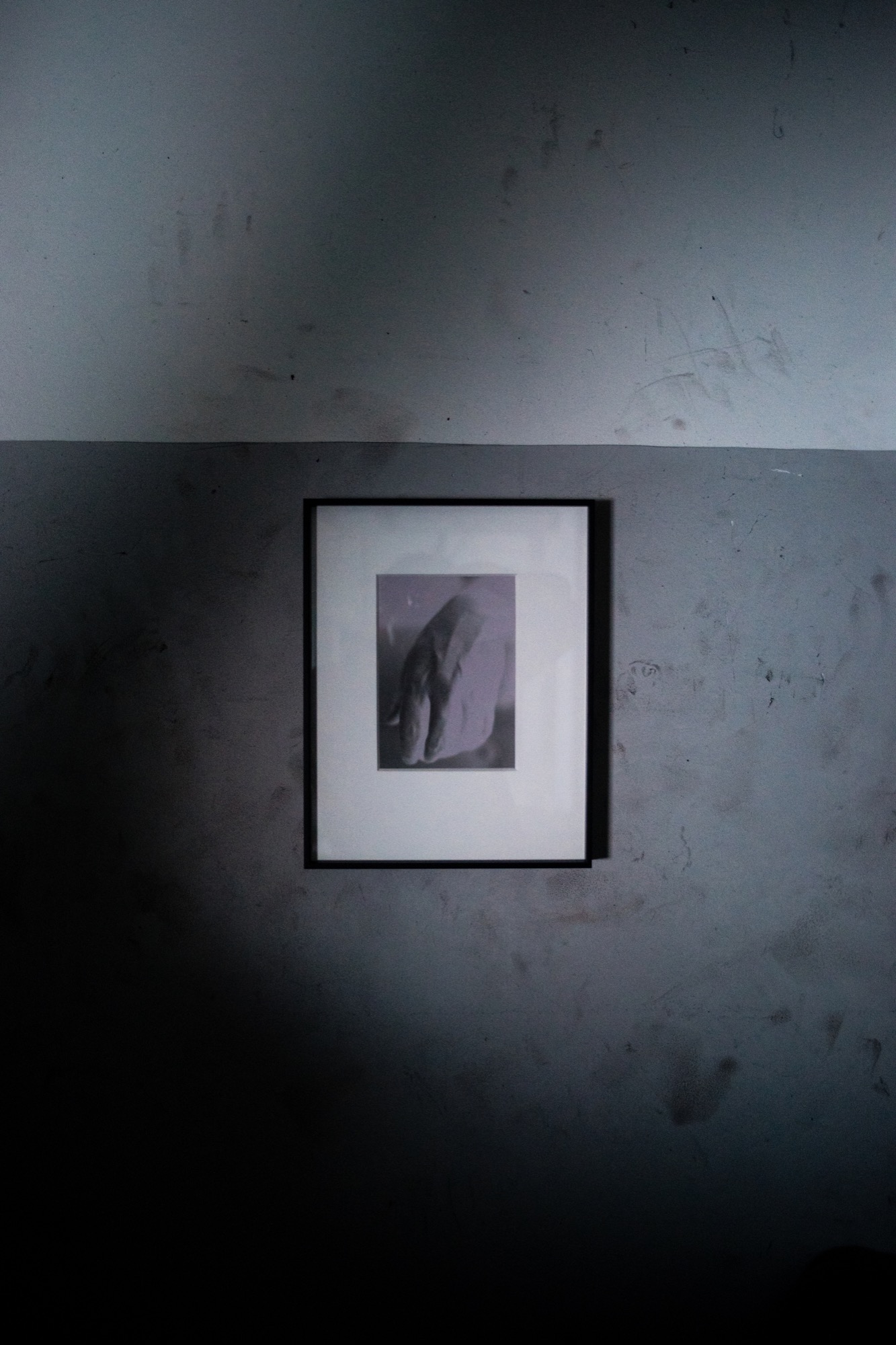This site uses cookies
Read moreMaterials
Partners
Portugal
audiovisual material

Igor Jesus
programme cycle 01 /
Lives and works in Lisbon. He holds a degree in Sculpture from the Faculty of Fine Arts of the University of Lisbon. He participated in a residency at Kunstlerhaus Bethanien, Berlin, from 2016 to 2017, with support from the Calouste Gulbenkian Foundation. In 2017, he was also a finalist for the New Artists Prize from the EDP Foundation.
His solo exhibitions include: Dias de Chuva, Janela - Limbo, Lisbon; Safelight, Galeria Filomena Soares, Lisbon; Mozart, Janela - Taffimai, São Pedro do Estoril (2019); Strob, No Entulho - Artworks, Porto; Antropofagia, Art fair Cologne, Cologne; Bound to the Earth, Kunstraum Botschaft, Berlin (2018); Love you to the Bones, Kunstlerhaus Bethanien, Berlin (2017), Amar-te os Ossos, Galeria Filomena Soares, Lisbon (2017), Chessari, Galeria Solar, Vila do Conde (2016), A Última carta ao Pai Natal, Galeria Filomena Soares (2015) and Debaixo do Sol, Appleton Square, Lisbon (2015). In 2014, he presented the exhibition Old School #32, Lisbon, and in 2013 Peso Morto, Espaço Zero, Tomar.
Among his most recent group exhibitions are: 2012-2020 | MACE, Colecção António Cachola, Elvas in 2020; Depois do Estouro, Curated by Tomás Abreu - Galeria Municipal do Porto, Porto; Água, Vinho, Coroas de Flores, Curated by Miguel Mesquira - Uppercut, Lisbon; Murro no Estômago, Curated by Ana Cristina Cachola - Galeria Boavista, Lisbon; El Fantasma del una Oportunidad, Curated by Ana Cristina Cachola - La Nave, Madrid; Mellifluous Elephant (MÉ), Curated by Francisca Aires Mateus - Casa Dona Laura, Lisbon in 2019; Collaboration, Curated by Ana Cristina Cachola - Schijf, Rosendal; O Futuro do Presente, Cisterna - Faculty of Fine Arts Lisbon, Lisbon; Collaboration, Curated by Ana Cristina Cachola - Quinta do Quetzal, Vidigueira in 2018; Tempo Inscrito - Memória, Hiato e Projecção, Curated by Sérgio Fazenda Rodrigues, Quartel, Abrantes; Efeito-Suruba, Curated by PiPi Colonial, Gaivotas 6, Lisbon; 11th Amadeo-Souza Cardoso Prize, Museu Municipal Amadeo-Souza Cardoso, Amarante; TAWAPAYERA, Atelier- Museu Júlio Pomar (2017); EDP New Artists Prize, EDP Foundation (2017); HangarOut - EntreLinhas, Palácio Marquês de Abrantes (2017); in 2016: Artists' Film International (screenings at MAAT, Lisbon, Whitechapel Gallery, London, Istanbul Modern, Turkey, GAMeC – Galleria d'Arte Moderna e Contemporanea di Bergamo, Italy, and Project 88, Mumbai, India); Topologia del Aura, Galeria Bacelos, Madrid (2016); Abaixo as fronteiras! Vivam o design e as artes, Dialogue between design and works from the António Cachola collection, Museu de Arte Contemporânea de Elvas and Pátio da Galé in Lisbon (2016); Ponto de Partida - uma seleção de obras da coleção de arte contemporânea Figueiredo Ribeiro, Quartel, Abrantes; in 2015: Um Horizonte de Proximidades, Arquipélago – Centro de Artes Contemporâneas, Ribeira Grande, São Miguel, Azores; Princípio Tautológico, Hangar – Centro de Investigação Artística, Lisbon; Works from the António Cachola Collection, Centro de Arte Contemporânea Graça Morais, Bragança; The Lynx Knows No Boundaries, Fondation d’Entreprise Ricard, Paris.
Contemporary visual creation, in a moment marked by the accentuation of digitality as an aesthetic-political regime, has been problematizing the tension between materiality and dematerialization, questioning the disappearance of the body endemic to the digital codification of matter. This tension is particularly acute in the field of moving images, where the disappearance of celluloid has led to a need to think about the aesthetic and political implications of a medium that increasingly assumes an immaterial and coded form. This questioning is often expressed in artistic practices that seek to re-situate the body in the visual and political field, either by making visible how image creation devices continue to produce bodies, or by demonstrating how the bodies that supposedly dematerialize also produce images that generate material, affective, and political effects. Through these practices, the body (both individual and political) re-inscribes itself in and through the material presence of the medium itself. Contemporary power is also exercised through a scopic and bodily dimension, intersecting with processes of racialization, gender, and sexualization, through which the body is understood as desire and value, but also as waste or deviation.
Igor Jesus, Daniela Agostinho, and Ana Cristina Cachola










resources: audiovisual materialformato: cycle 01photography & video: Bruno Lança
No Entulho is open to visitors, if you want to know more please contact us.
Parque Industrial Amorim Rua Manuel Dias, 440 4495-129 Póvoa de Varzim
+351 252 023 590
info@noentulho.com